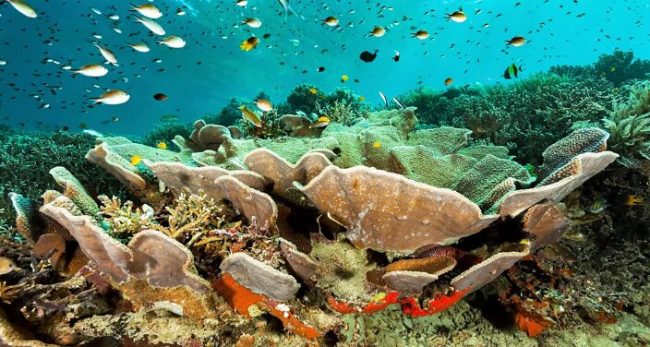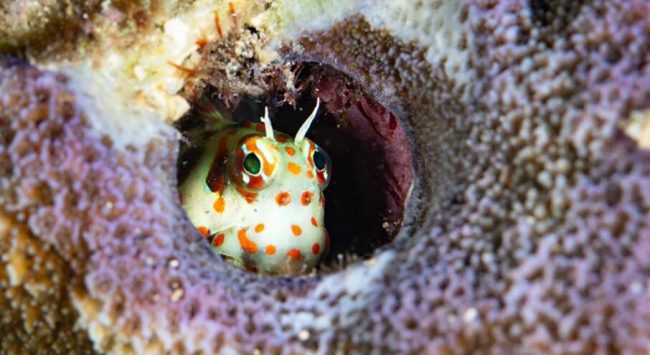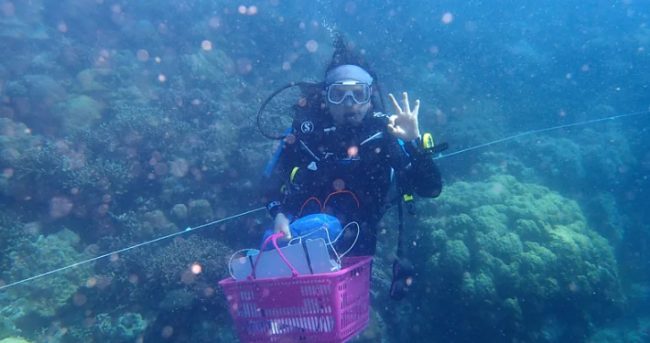“Amazon of the Seas” Unveils Ambitious Plan for Sustainable Ocean Farming

A groundbreaking initiative, dubbed the “Amazon of the Seas,” has been unveiled with the goal of revolutionizing sustainable ocean farming. The project, spearheaded by a consortium of marine biologists, environmentalists and technology experts, aims to harness the vast potential of the oceans for food production while minimizing environmental impact.
Key components of the “Amazon of the Seas” plan include:
- Vertical Ocean Farms: These high-tech structures will be deployed in deep ocean waters, allowing for year-round cultivation of a variety of marine species, including fish, shellfish, and seaweed. The vertical design maximizes space efficiency and minimizes disturbances to the seabed.

- Closed-Loop Systems: The farms will operate as closed-loop ecosystems, recycling waste products and nutrients to create a self-sustaining environment. This approach will significantly reduce the need for external inputs and minimize pollution.
- Advanced Aquaculture Technologies: Cutting-edge technologies, such as artificial intelligence and robotics, will be employed to optimize farming practices, monitor water quality and ensure the well-being of the marine organisms.
The project’s proponents argue that the “Amazon of the Seas” has the potential to address global food security challenges, reduce overfishing, and protect marine biodiversity. By cultivating food in the oceans, the initiative aims to alleviate pressure on land-based resources and mitigate the impacts of climate change.

While the project faces significant technical and logistical challenges, it has garnered support from various stakeholders, including governments, environmental organizations, and investors. If successful, the “Amazon of the Seas” could pave the way for a more sustainable and resilient food system.
